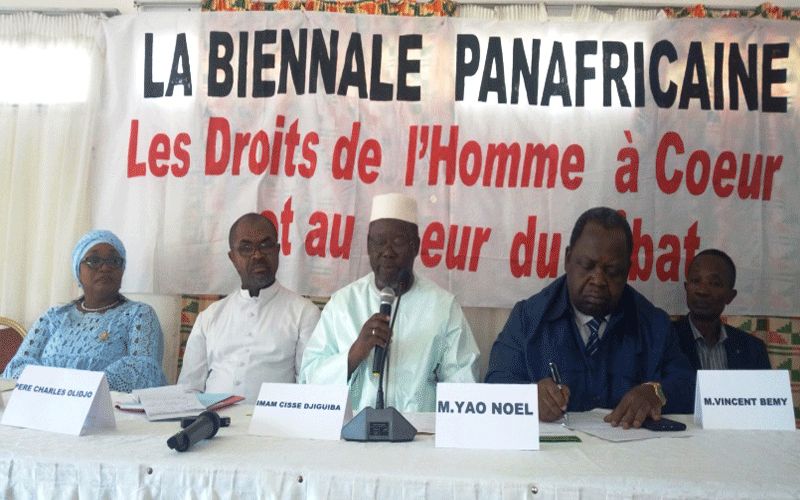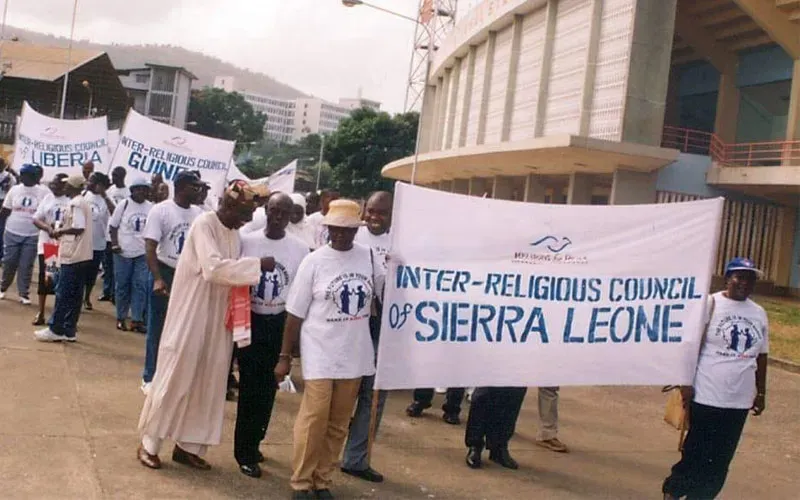Abidjan, 13 March, 2020 / 6:00 pm (ACI Africa).
Following a series of statements by Catholic Bishops in Ivory Coast calling for reconciliation and peaceful elections in the country, religious leaders in the West African nation have, in a panel discussion, explained the relationship between religion, politics and peace.
“If it is true and sincere that politics in its expression seeks the good of man, of the citizen, to allow him to flourish in society, then this politics falls within the field of expression of the Church's politics,” said the national executive secretary of the Episcopal Commission for Justice and Peace in Ivory Coast, Fr Charles Olidjo during the panel discussion organized by the Pan-African Biennial Centre for Human Rights and Humanitarian Action, an Ivorian NGO.
“Through its social doctrine, the Church gives herself the prerogative of projecting the light of the Gospel in the fields of politics, economics, culture and today ecology,” Fr Olidjo explained during the exchange that was held at Abidjan’s Press Centre, Tuesday, March 10.
According to the Ivorian cleric, “Although the Church does not intend to exercise the power of the State, its vision of man, impressed by the mystery of the incarnation of the Son of God, imposes on it a determined commitment to the integral salvation of man.”
In his opinion, “Christian and Muslim religious have contributed to the establishment of a climate of peace in Ivory Coast.”








